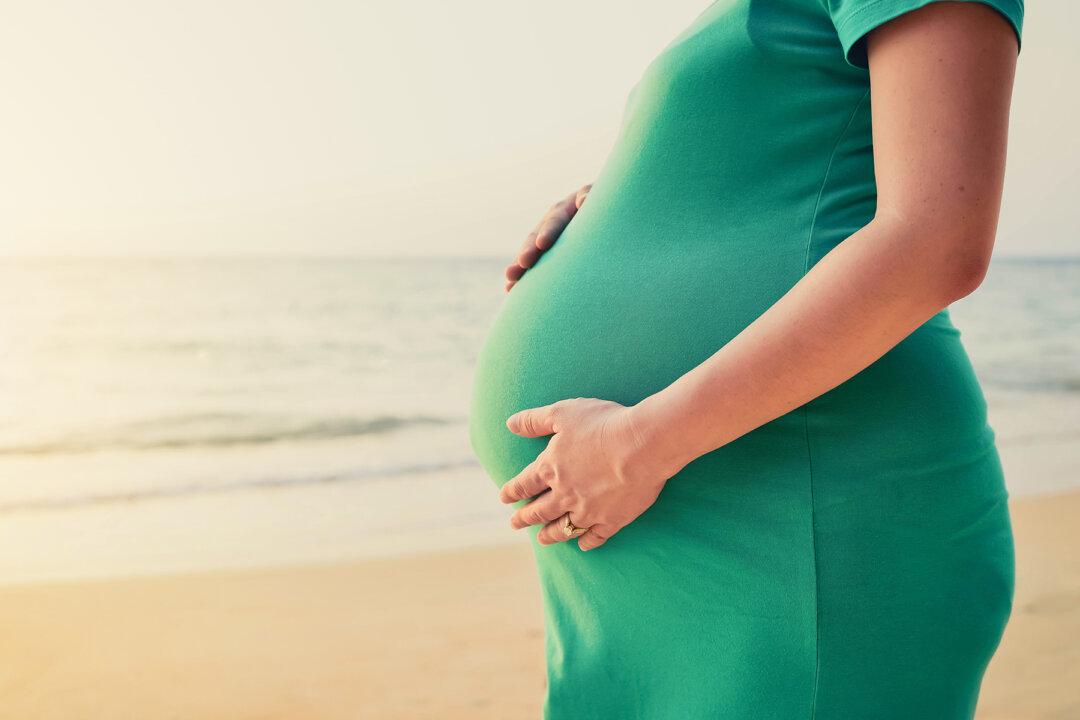Pregnant women are less likely to have boys if they experience physical and psychological stress, a new study has revealed.
Researchers at the National Academy of Scientists found that stressed moms-to-be were less likely to give birth to boys and may also have a higher risk of preterm birth.





